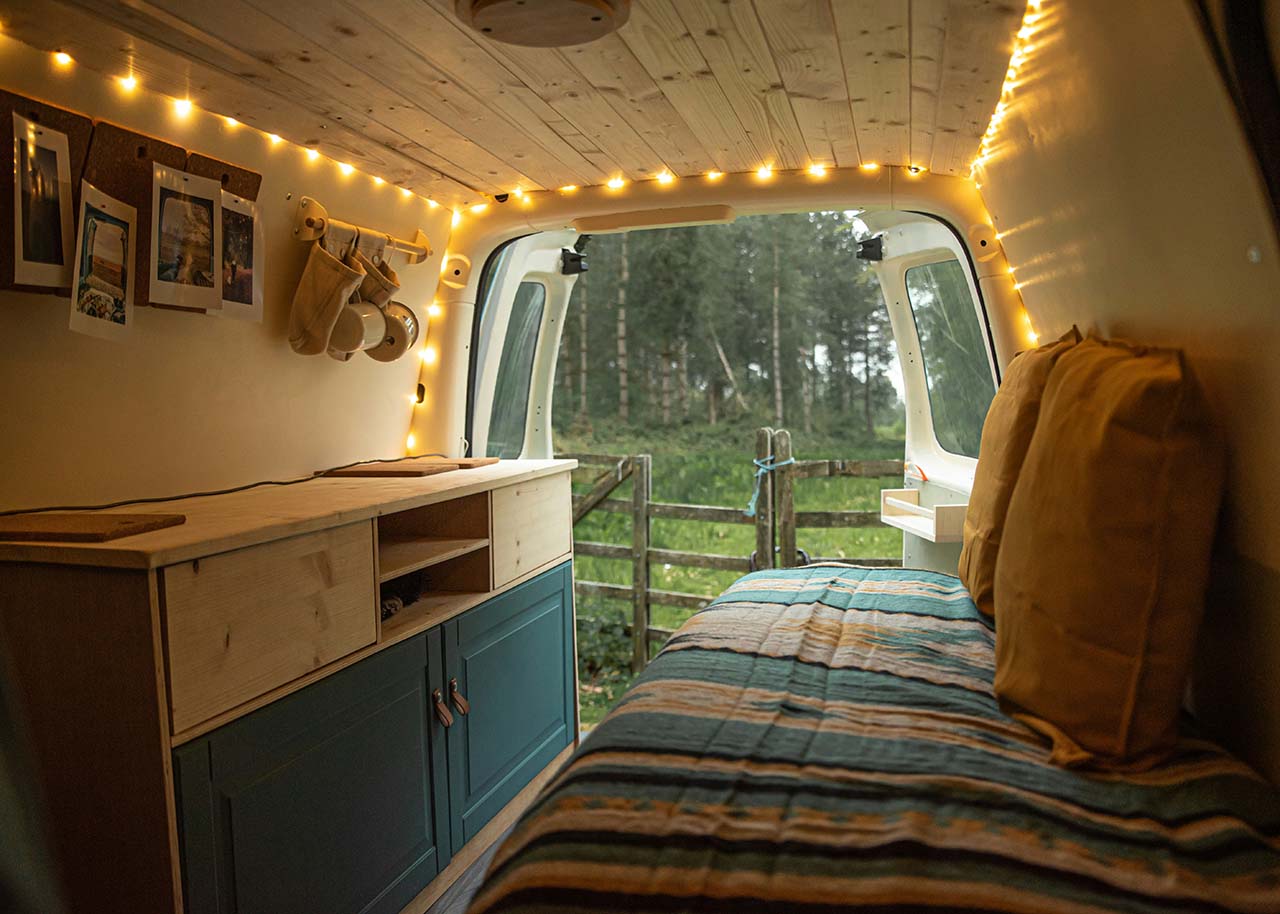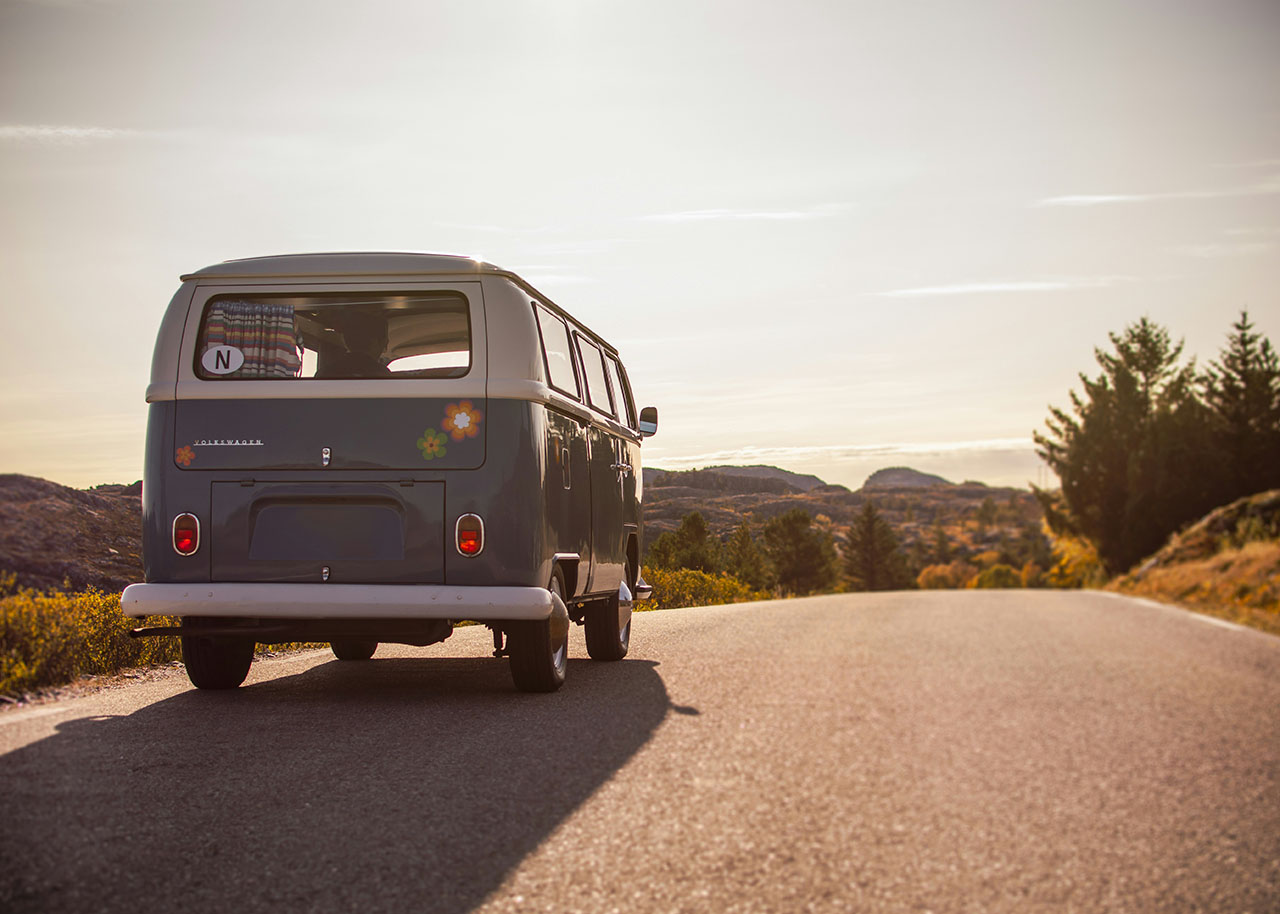(collaborative post)
In recent years, a growing number of people have chosen to leave behind traditional lifestyles in favour of a more mobile, self-sufficient way of living. The off-grid nomadic lifestyle is about embracing freedom and reducing reliance on modern infrastructure. And finding contentment in the simplicity of life on the move.
Whether travelling in a converted van, campervan, or motorhome, this lifestyle offers adventure, connection to nature, and a deeper sense of autonomy.
The Allure of Life on the Road
For many, the appeal of an off-grid nomadic lifestyle lies in its promise of freedom. No longer tethered to a fixed address, nomads can travel at their own pace, waking up each day to a different view – be it a misty mountain range, a remote coastal inlet, or a quiet forest clearing.
Living on the road allows for a closer connection with the natural world and a departure from the daily grind of the nine-to-five. It’s a lifestyle that attracts those seeking to simplify their existence. To disconnect from consumer culture, and live more intentionally. The ability to craft your own schedule and pursue work, creativity, or hobbies on your terms is a powerful motivator for many who adopt this way of life.
Powering an Off-Grid Existence
Living off-grid requires thoughtful planning, particularly when it comes to power, water, and waste management. Most nomads rely on solar panels mounted to their vehicles to generate electricity for lighting, refrigeration, and device charging. Investing in quality batteries and an efficient inverter system can make a significant difference in maintaining a reliable energy source.
Water is often collected from natural springs or fill stations and stored in tanks, with filtration systems ensuring it’s safe for consumption. Composting toilets or cassette toilets are commonly used to minimise environmental impact, and greywater (from sinks or showers) must be disposed of responsibly.
Heating and cooking are typically powered by LPG (liquefied petroleum gas), which is easy to store and widely available. A combination of these systems allows nomads to remain self-sufficient for extended periods, far from campsites or caravan parks.

The Importance of Preparation and Safety
While spontaneity is a major perk of life on the road, preparation is key to thriving off-grid. Reliable internet access, especially for digital nomads working remotely, often comes via mobile hotspots or signal boosters. Maps and apps can help locate legal overnight parking spots, water refill stations, and waste disposal sites.
Motorhome insurance is a crucial consideration, especially when travelling full-time. It protects your home-on-wheels in case of accidents or theft. Also, it ensures peace of mind on unfamiliar roads. Depending on where you travel, you may need insurance that covers multiple countries or specific types of terrain.
It’s also wise to carry a well-stocked first aid kit, basic tools for repairs, and emergency supplies. Being far from services or towns means self-reliance is essential. Anticipating challenges before they arise can prevent major headaches later.
Community and Connection on the Move
Contrary to the assumption that van life is a lonely pursuit, many nomads find a strong sense of community on the road. Social media platforms, forums, and dedicated apps make it easy to connect with others living a similar nomadic lifestyle. Seasonal gatherings, van life festivals, and informal meet-ups provide opportunities to share stories, tips, and support.
There’s also something deeply rewarding about the chance encounters and brief friendships formed along the way. From sharing a campfire with fellow travellers to swapping resources or lending a hand with vehicle issues. A spirit of mutual aid and camaraderie often defines the nomadic community.
Challenges and Rewards of a Nomadic Lifestyle
Living a nomadic lifestyle isn’t without its challenges. Weather can affect solar charging, remote locations can lead to feelings of isolation, and the lack of constant access to amenities requires adaptability. Space is limited, which means learning to live with less and prioritise what truly matters.
Yet, these very challenges also foster resilience, creativity, and a deeper appreciation for the small things in life. A warm cup of tea brewed at sunrise, the satisfaction of fixing something with your own hands, or the joy of a quiet night under a sky full of stars.
Ultimately, the off-grid nomadic lifestyle is about more than just travel. It’s a philosophical choice, a way of redefining success and freedom outside the constraints of modern life. Whether it’s a temporary adventure or a long-term way of being, living on the road offers a powerful reminder that home isn’t a place — it’s a feeling.
This post was published in collaboration with a content partner. The article is meant to inspire you how to live a slow, simple, soulful and sustainable lifestyle and may contain (affiliate) links to articles, websites or products/services that may be of interest to you.
Would you like to receive inspiration from The Slow Living Guide regularly?
Sign up for the newsletter here.



